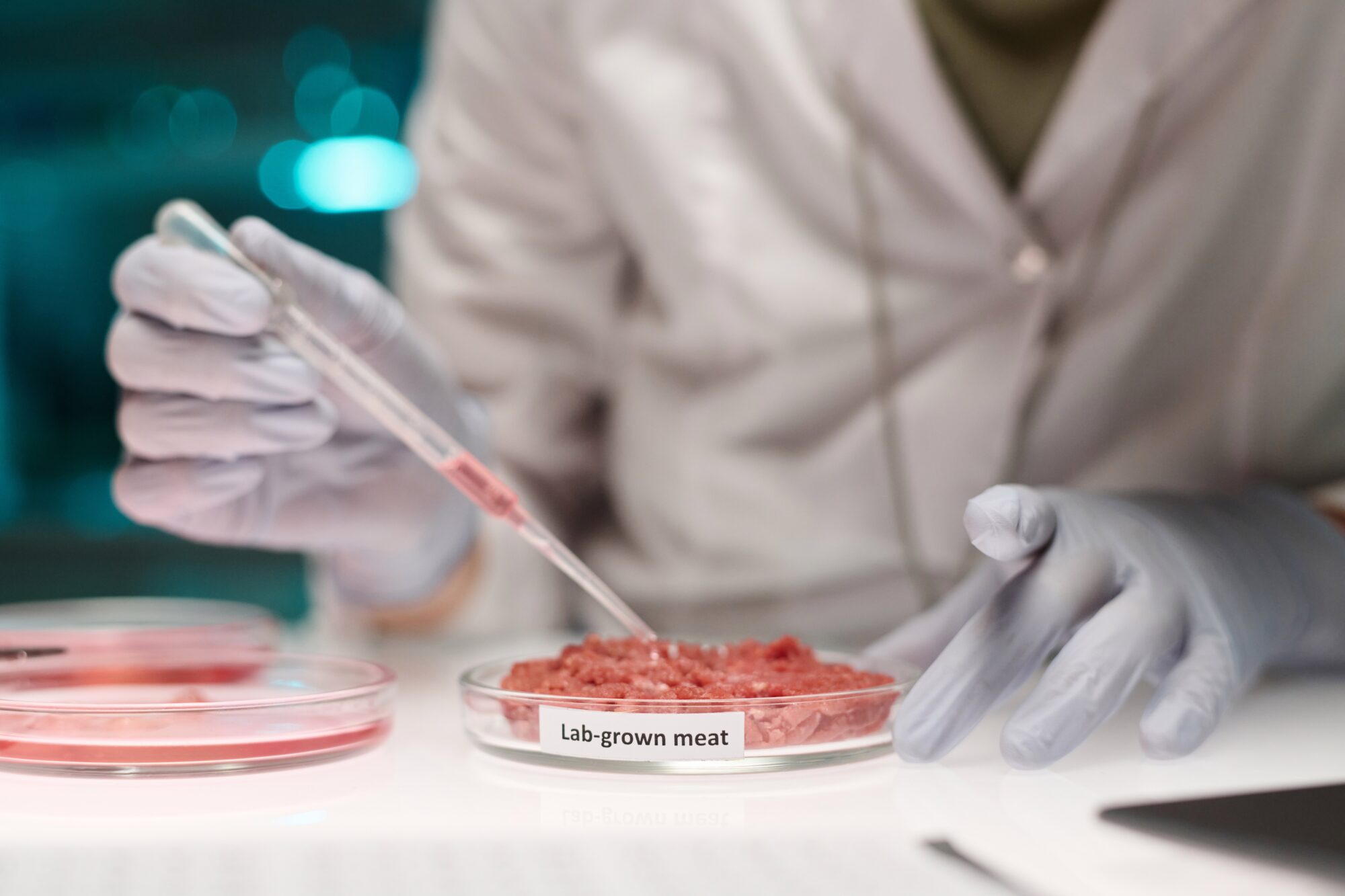
(Photo from Shutterstock)
- The prohibition was unanimously passed in both the state House and Senate. It was allowed to become law without the governor’s signature.
Mississippi is among a growing number of states prohibiting the production and sale of lab-grown meat.
It comes at a time when the food and agriculture industries in the U.S. are seeking to balance traditional means of production with innovation in the marketplace.
Those supporting the product bans point to the need to back ranchers and farmers while advocates for the developing industry say they are providing an option for consumers. Still others, including some voices that support farmers, are reluctant to ban the lab-grown products, choosing instead to call for transparency in labeling.
Florida led the nation in passing legislation regulating the products last year, followed by Alabama. Other states, such as Michigan and Nebraska, have been debating the issue. Now, Mississippi is following the trend.
HB 1006 went into law without the signature of Governor Tate Reeves (R) at the end of March after the Mississippi House and Senate unanimously agreed to prohibit the cultured products.
State Rep. Bill Pigott (R), the author of the legislation and Chairman of the House Agriculture Committee, told lawmakers manufacturers are “taking stem cells from animals and growing it in labs and coming out with cuts of meat.”
“It shall be unlawful for any person to manufacture, sell, hold for sale, offer for sale or distribute any cultivated food product in this state,” the new law reads. “Any person who violates this section shall be guilty of a misdemeanor and, upon conviction, shall be punished by a fine of not more than Five Hundred Dollars ($500.00) or by imprisonment in the county jail for not more than three (3) months, or by both such fine and imprisonment.”
The measure passed without debate or dissent in the House.
A similar scene unfolded in the Senate when State Senator Andy Berry (R), Vice Chairman of the chamber’s Agriculture Committee presented the bill.
“What we see is that this is a new way that people are trying to produce proteins,” Berry told senators. “They are not very forthcoming in how they produce that as opposed to traditional animal agriculture that is pretty transparent in how poultry, beef, or pork is produced.”
According to Fortune Business Insights, the global lab grown meat market size is at a very nascent stage and is preliminarily driven by its eco-friendly aspect.
“The full-scale commercial viability of cultured meat is expected to reduce the considerable environmental costs of meat production,” Fortune stated, adding, “North America is projected to emerge as a dominant regional lab grown meat market share for lab grown meat owing to the safety concerns for meat. Consumers have become increasingly conscious of the negative health impacts of red meat products. The quest for suitable alternatives has prompted major meat and food companies to invest in the development of lab-grown meat. The countries such as the U.S. and China where chicken and duck products are popular will be some of the potential markets for lab-grown meat.”

Mississippi Commissioner of Agriculture and Commerce Andy Gipson (R) supported the legislation banning to products. He told Magnolia Tribune on Monday that “so-called ‘lab-grown meat’ products have begun to creep into markets globally and even nationally.”
Gipson said the products present a serious concern to consumers and to the state’s agricultural producers.
“Mississippi consumers deserve to know the beef, poultry and pork purchased and served to their families is real farm-raised meat, not something cultivated in a petri-dish,” Gipson said. “Unlike the radical globalists pushing artificial man-made ‘foods,’ I stand with Mississippians who support our farmers and farm-raised meat.”
Gipson added that the Mississippi Department of Agriculture and Commerce looks forward to enforcing the new law.
The new law takes effect in Mississippi on July 1.











